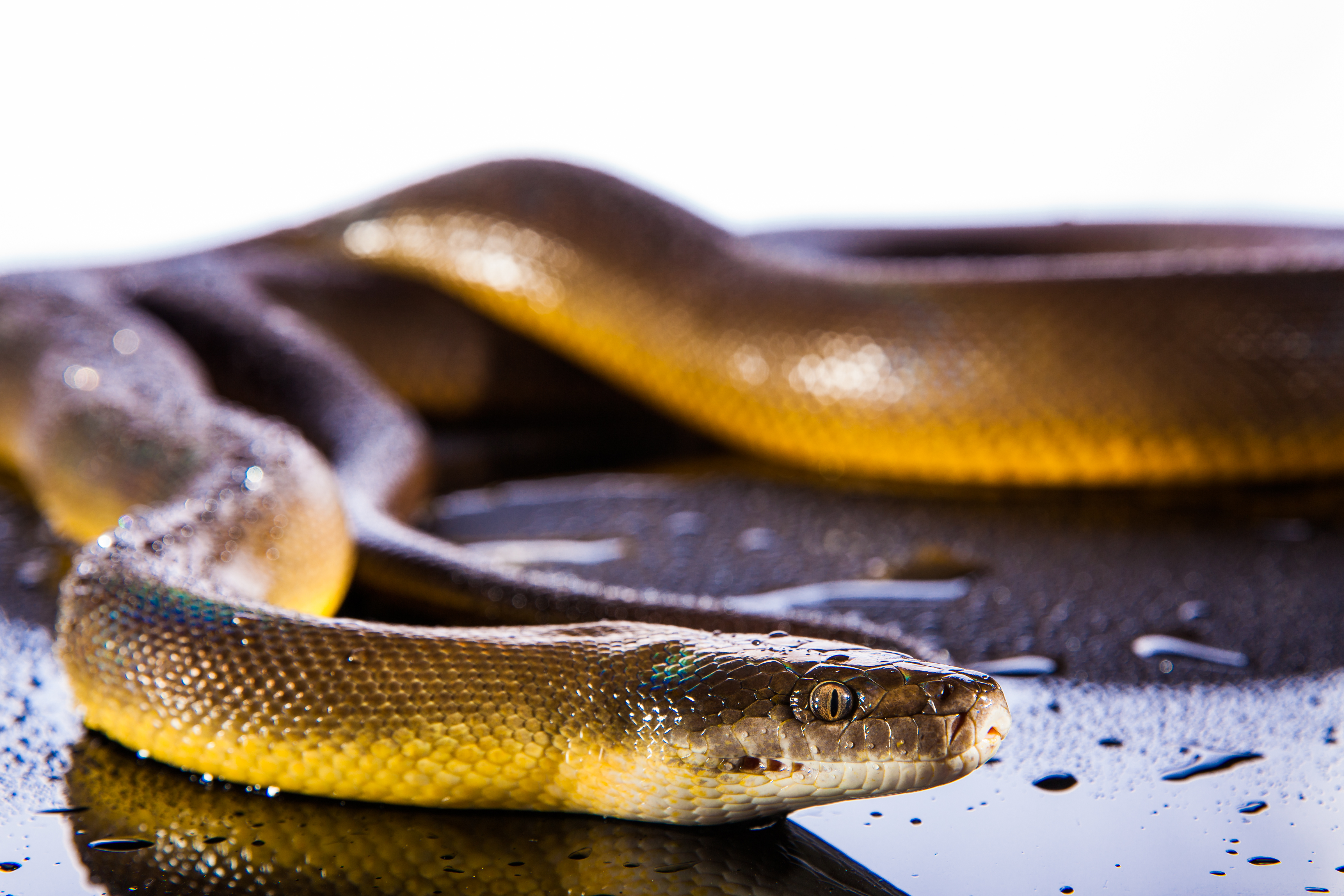11 Animals With Cultural Significance From Around The World
2. The Serpent: Symbol of Duality and Transformation

The serpent is a creature that has fascinated and intrigued cultures worldwide, often symbolizing duality and transformation. In many ancient mythologies, serpents are seen as symbols of fertility and life, as well as death and destruction. This dual nature is perhaps most famously illustrated in the story of the Garden of Eden, where the serpent tempts Eve with the forbidden fruit, leading to the fall of man. Here, the serpent represents temptation and the knowledge of good and evil. In contrast, the serpent is also revered as a symbol of healing and renewal. The ancient Greeks associated serpents with Asclepius, the god of medicine, whose staff entwined with a serpent remains a symbol of healing today. In Hindu mythology, the serpent is associated with Kundalini, a primal energy that lies dormant at the base of the spine and can be awakened through spiritual practices to achieve enlightenment. This transformative power of the serpent is also evident in the Mesoamerican feathered serpent deity Quetzalcoatl, who represents the cycle of death and rebirth.
The serpent's ability to shed its skin and emerge anew serves as a powerful metaphor for transformation and renewal. This symbolism resonates across cultures, reminding us of the potential for growth and change within ourselves. As we continue to explore the creatures that have shaped human history and spirituality, the serpent stands as a testament to the complexity and depth of the myths that define our understanding of the world.